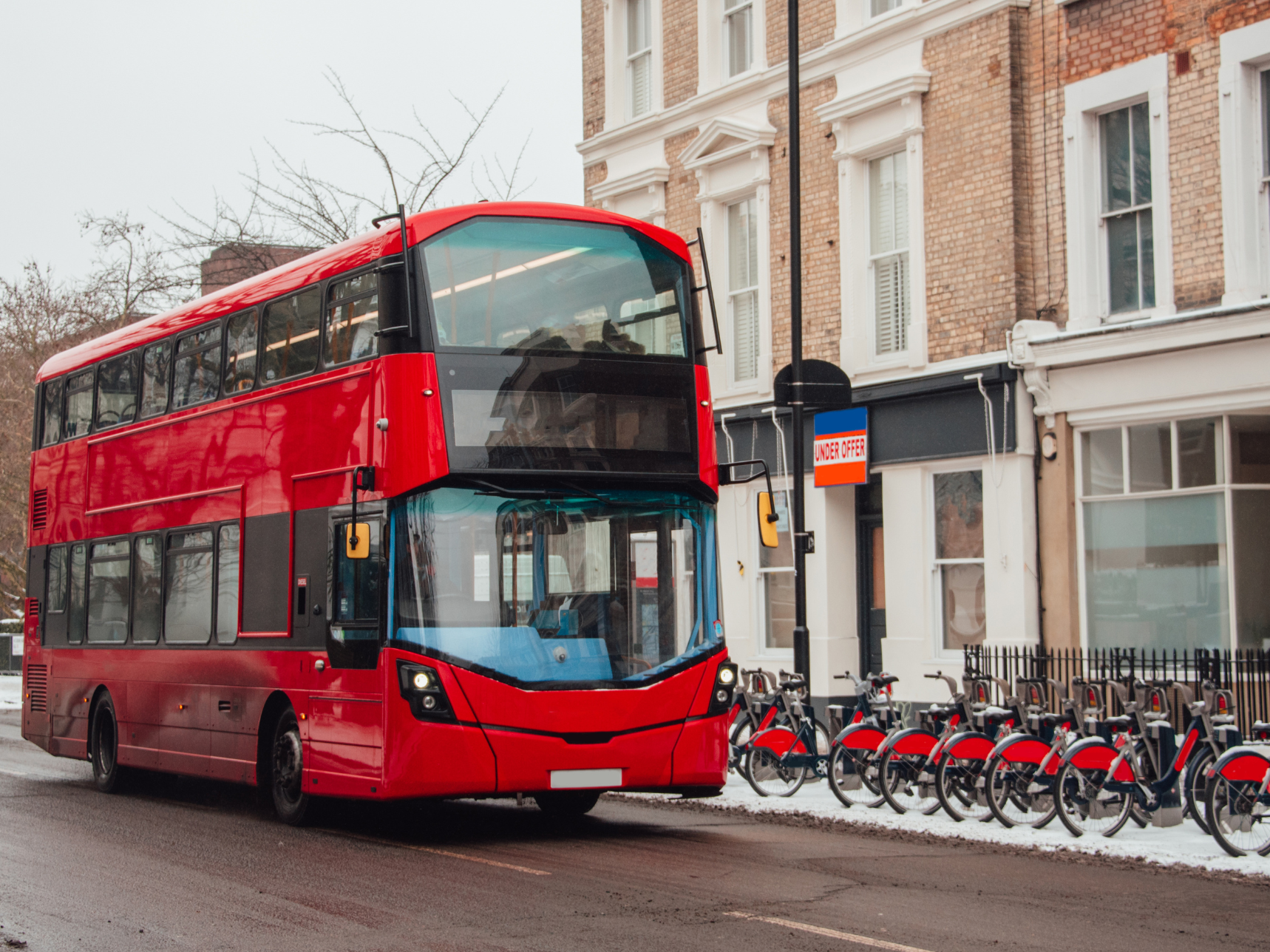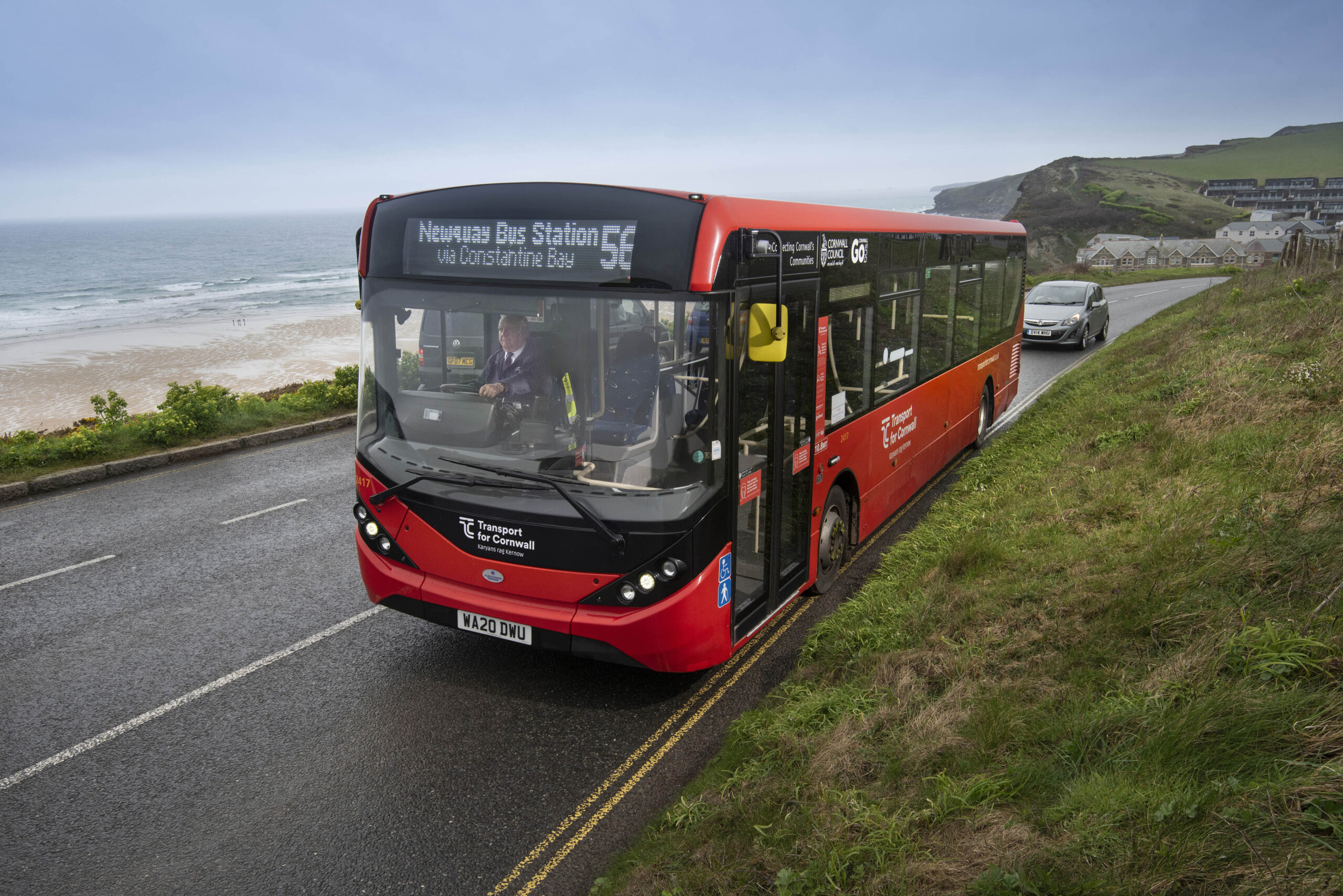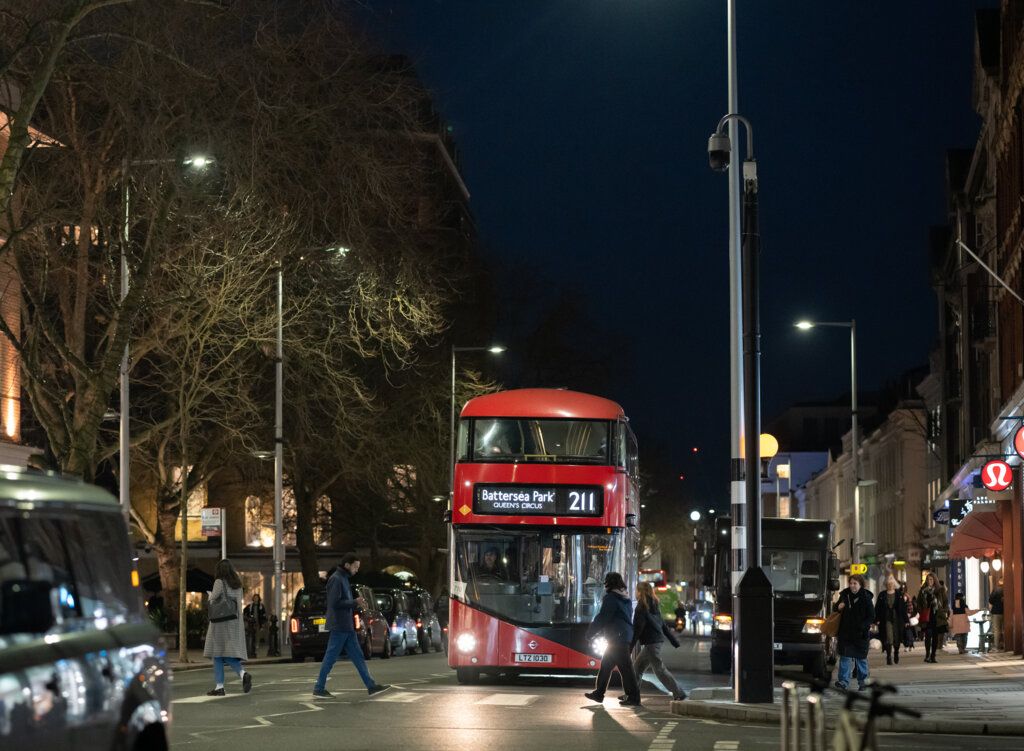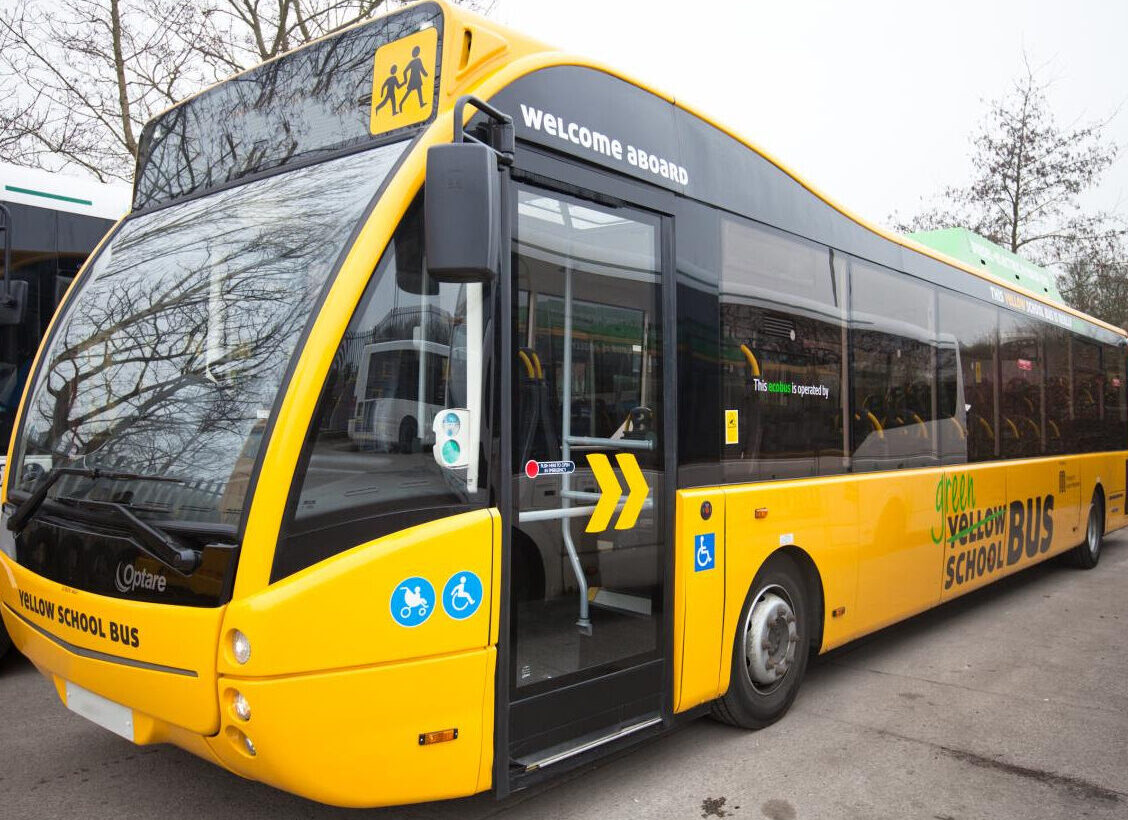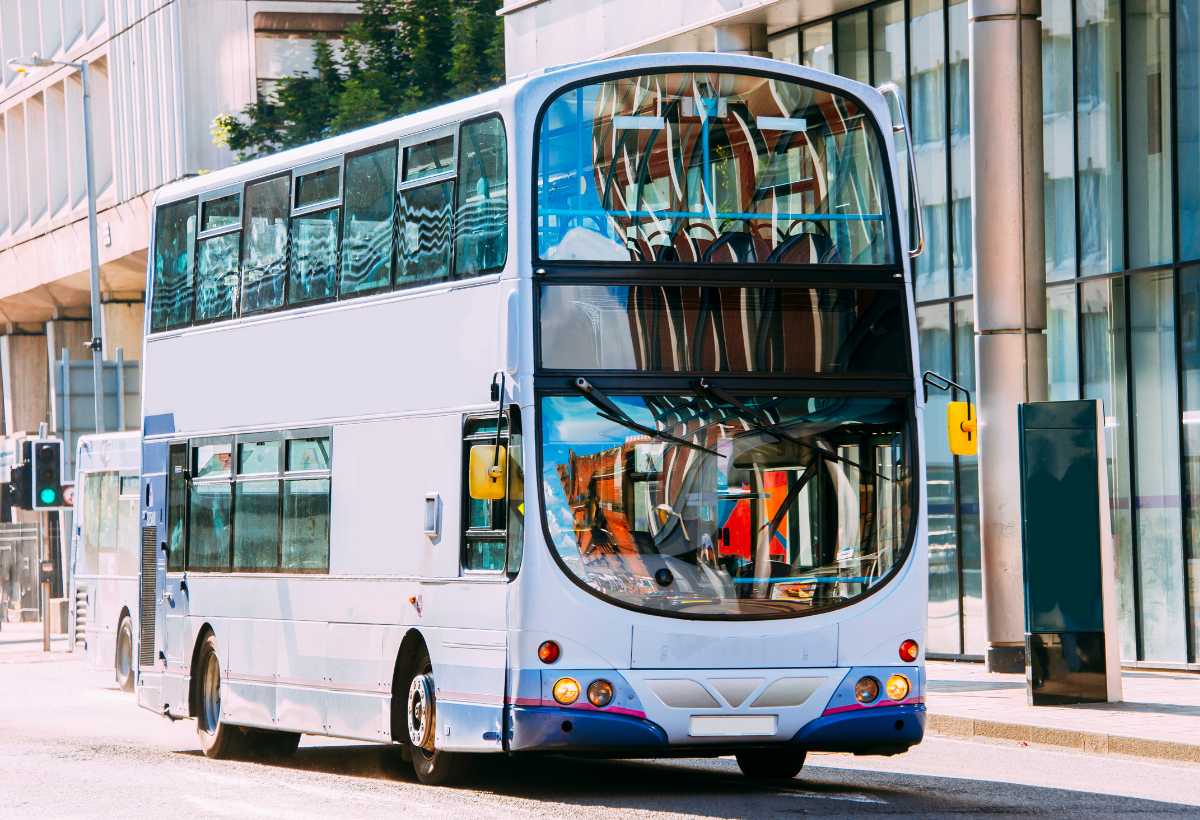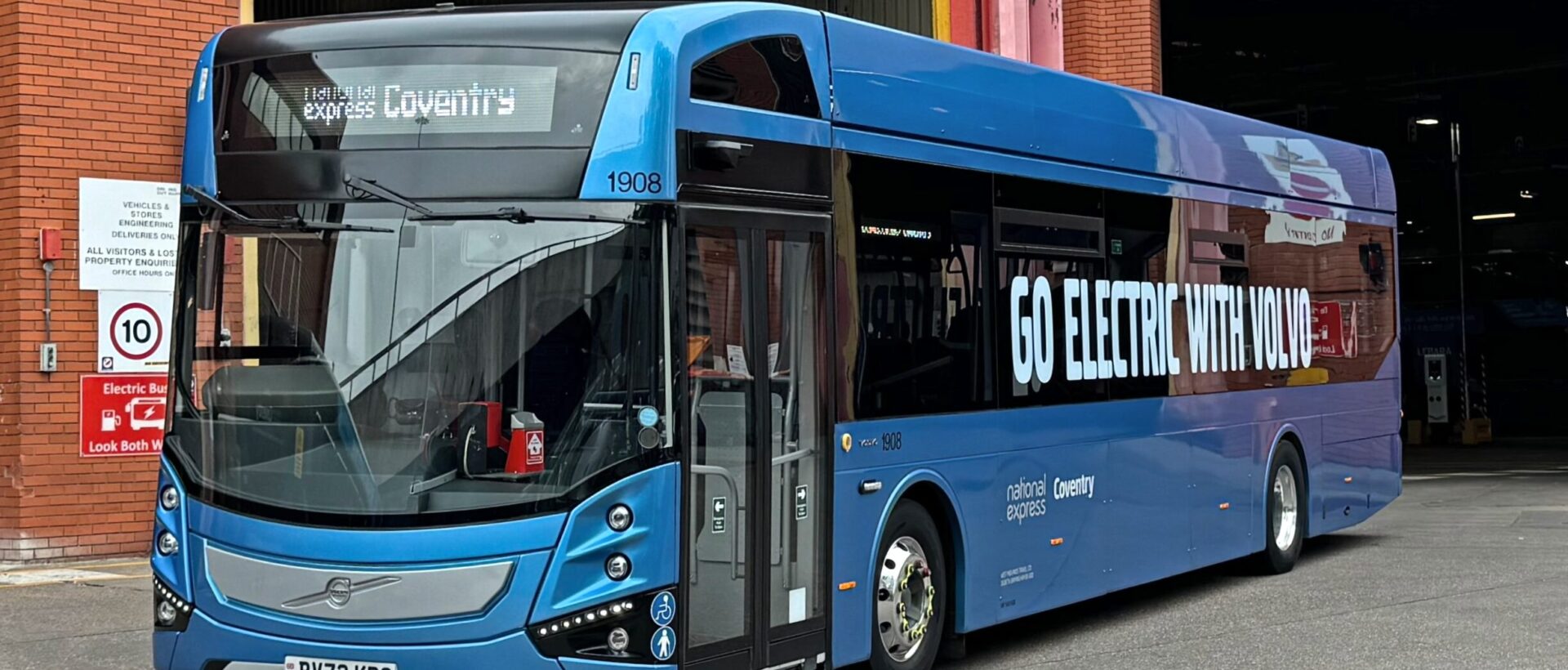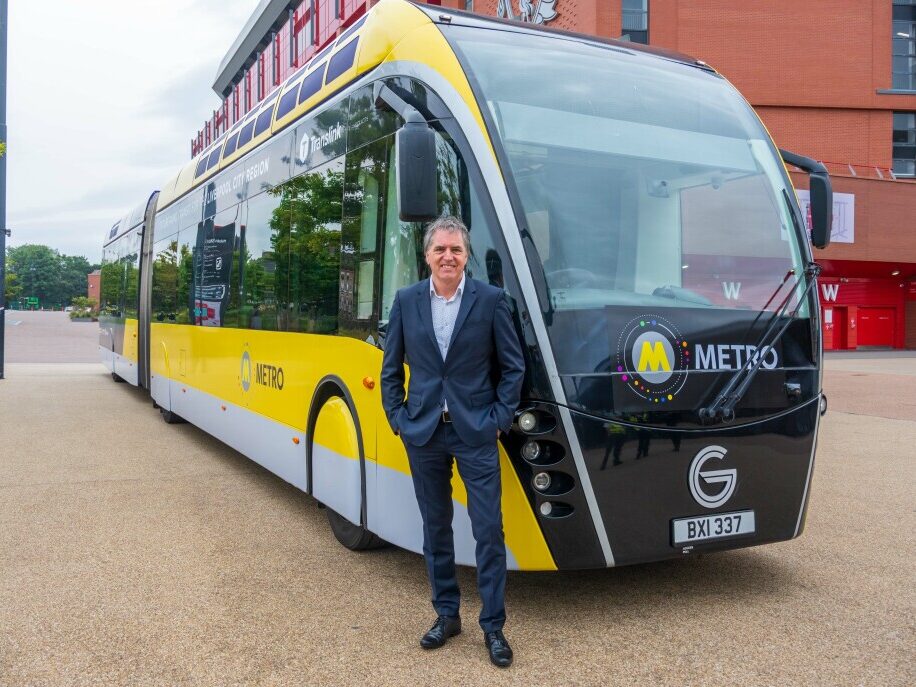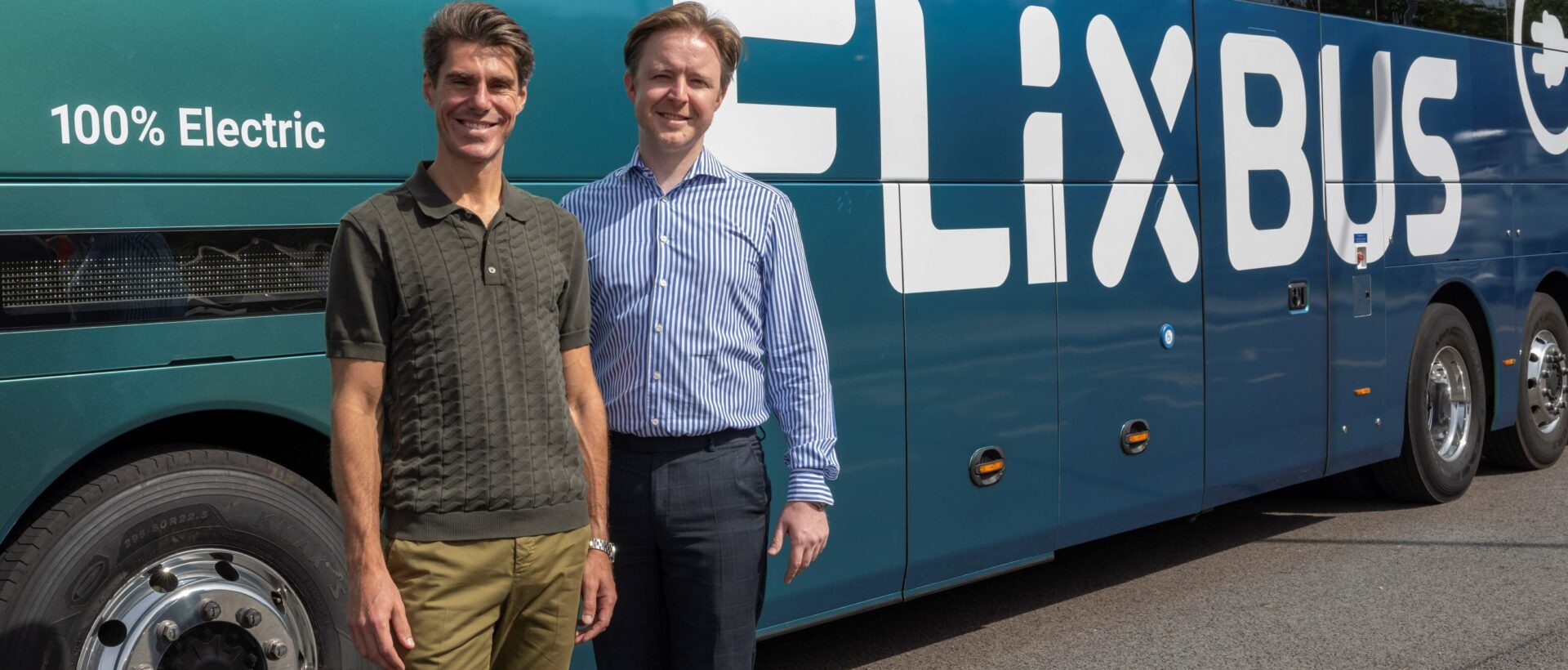Recent research commissioned by the Confederation of Passenger Transport (CPT) has revealed the significant economic contribution of local bus services in the UK.
The findings underscore the value of government investment in local services and highlight the broader economic, environmental, and social benefits that buses deliver to communities.
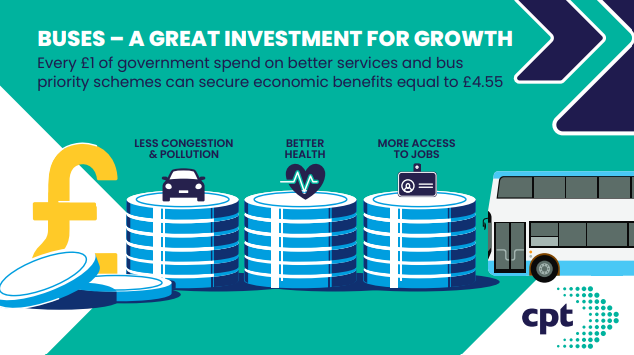
The report, titled The Economic Impact of Local Bus Services, demonstrates that:
- Bus operators directly employ 105,000 people, with an additional 53,000 jobs supported through the sector’s supply chain, contributing 11 billion GBP to the UK economy annually.
- Bus passengers contribute almost 40 billion GBP to local economies, spending 1 GBP out of every 10 GBP on the High Street.
- Bus commuters earn a total of 72 billion GBP a year and contribute 15 billion GBP in taxes.
- Public investment in bus services offers a strong return, with every 1 GBP spent generating 4.55 GBP in economic benefits.
In addition to these direct economic contributions, the research highlights a range of wider benefits provided by bus services, including improved access to jobs, education, and training worth 8.7 billion GBP, health benefits valued at 2.8 billion GBP, and congestion reduction estimated at 600 million GBP per year.
Graham Vidler. CEO at the Confederation of Passenger Transport said:This new research shows the tremendous economic contribution driven by the 100,000 people who work in the bus sector, the 50,000 people working in our supply chain, and the millions of people who use buses every day. It highlights how buses support every aspect of our lives, boosting local economies, connecting communities, improving health, and protecting our environment. It also shows that investing in better bus services is exceptional value-for-money and offers a speedy, flexible way to support green growth across the whole country.
The research highlights the substantial impact of bus commuters on local economies. Commuters earn 72 billion GBP annually, and bus passengers spend an average of 32 GBP per return journey at shops, cafes, and leisure facilities at their destinations. This spending supports local businesses and helps drive economic activity across towns and cities in the UK.
The research also underlines the value of government investment in public bus services. It calculates that typical public investment packages, including infrastructure improvements and service enhancements, deliver significant economic returns. Every 1 GBP spent on such improvements generates at least 4.55 GBP in economic benefits. In cases where targeted interventions like bus priority measures are implemented, this figure can rise to over 5 GBP.
Claire Ward, Mayor of the East Midlands said:The launch of this new report by the Confederation of Passenger Transport is both timely and vital, highlighting the essential role that buses play in driving the economic and social vibrancy of our region.
This report confirms what we already know: buses are not just a mode of transport but a cornerstone of our local economy. As we look ahead to new opportunities with the Better Buses Bill, it is crucial that we continue to invest in our bus networks, ensuring they remain sustainable, innovative, and responsive to the needs of our communities.











